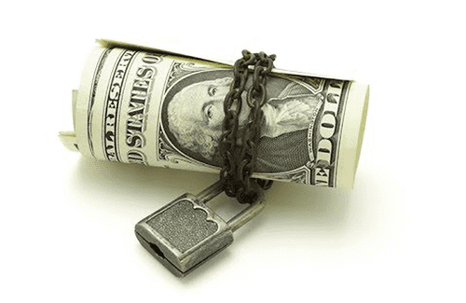Beginning on June 4, 2020, an employee who has not been paid his or her wages or fringe benefits must first make a written demand for payment before that employee can recover liquidated damages and attorney’s fees under the Wage Payment and Collection Act. This is known as the “Safe Harbor” provision.
The Wage Payment and Collection Act regulates the timing of wages. It is intended to protect hard-working employees and assist them in collecting compensation wrongfully withheld.
Upon separation of employment, an employer must pay an employee all wages or fringe benefits due on or before the next regular payday. If an employer fails to timely pay an employee all wages due after separation, then the employer is liable for the amount of unpaid wages, plus liquidated damages at two times the amount of unpaid wages, plus costs and reasonable attorney’s fees.
The Safe Harbor provision, codified at W. Va. Code § 21-5-4a, requires an employee to make a written demand for any alleged underpayment or nonpayment of wages. If the employer does not correct the alleged underpayment or nonpayment, or pay all undisputed amounts due to the employee, within seven calendar days from receipt of the written demand, then the employee can seek liquidated damages and attorney’s fees. If the employee does not make a written demand, then the employee cannot seek liquated damages or attorney’s fees.
For the Safe Harbor provision to be applicable, upon separation or with the issuance of the final paycheck, the employer must notify the employee in writing who the employer’s authorized representative is and where to send a written demand.
A written demand means any writing, including an e-mail. It must state that the employer has not paid all of the wages or fringe benefits that the employee is owed.
The Moore Law Firm is very experienced with the Wage Payment and Collection Act. We have pursued wage claims on behalf of employees, defended employers from such claims, tried wage cases to juries, and even taken wage cases to the Supreme Court of Appeals of West Virginia.

